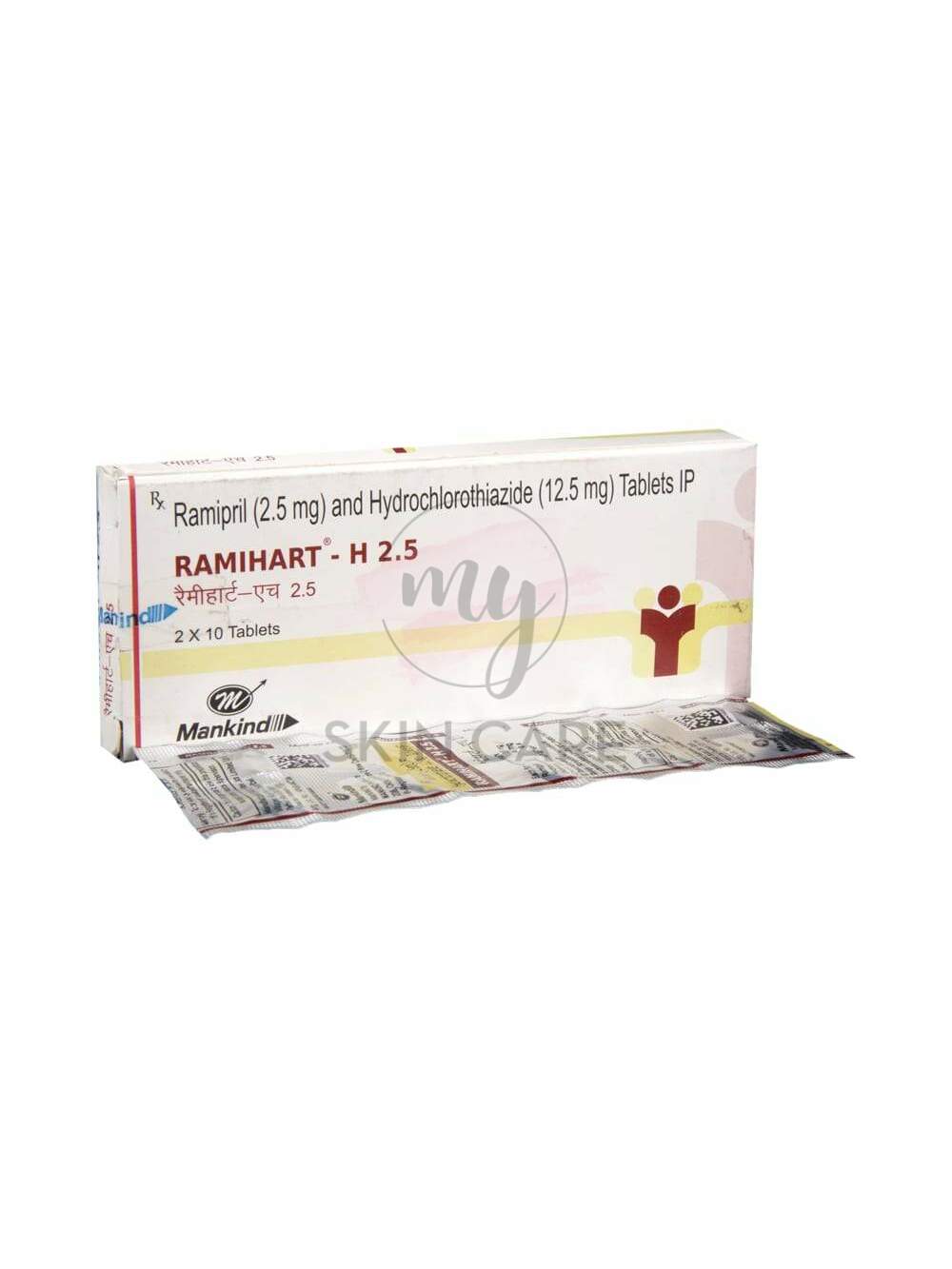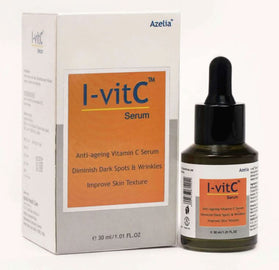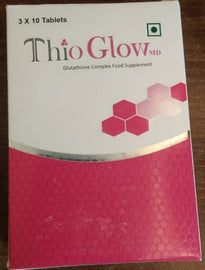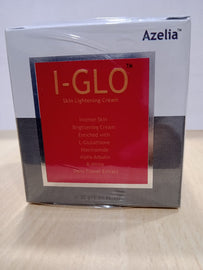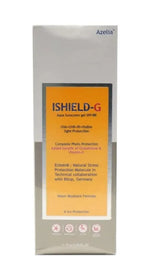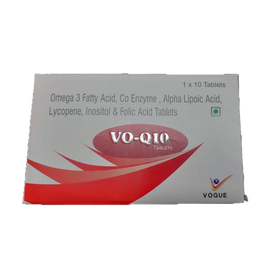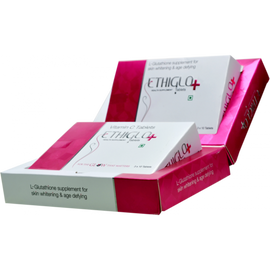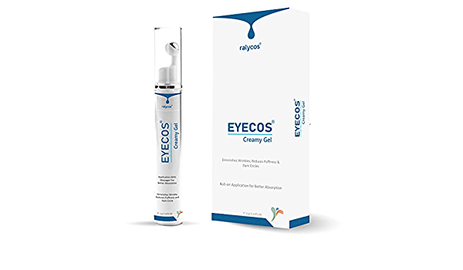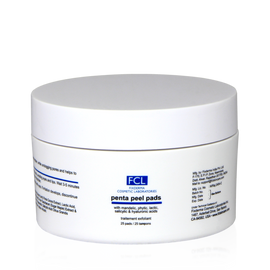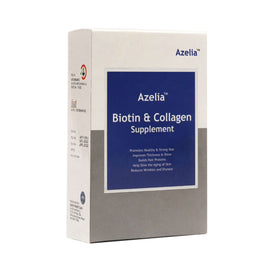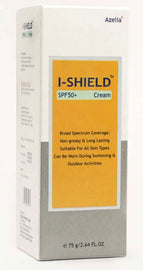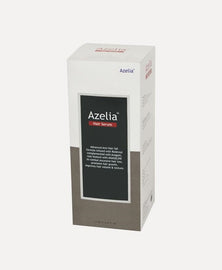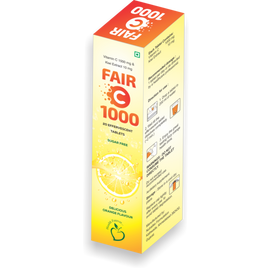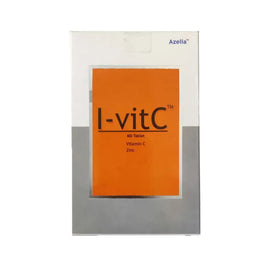Ramihart-H 2.5 Tablet is a medicine used to treat hypertension (high blood pressure). It is a combination of two medicines that helps to control blood pressure when a single medication is not effective. It helps to reduce the chances of any future heart attack and stroke.
Ramihart-H 2.5 Tablet is taken with or without food, preferably in the morning to avoid frequent urination at night. Keep taking it for as long as advised by your doctor. Even if you feel well, do not stop this medicine on your own because high blood pressure often has no symptoms. If you stop taking it, your condition may get worse. Keeping active with regular exercise, reducing your weight and eating a healthy diet will also help control your blood pressure. Follow your doctor’s advice while taking this medicine.
Nausea, indigestion, taste change, and diarrhea are some common side effects of this medicine. Consult your doctor If any of these bother you, or get worse, or do not go away. Let your doctor know about cough or throat irritation that does not go away. Drink plenty of fluids while taking medicine to overcome muscle weakness, dry mouth, and extreme thirst. Dizziness may occur due to low blood pressure but this gets better with time.
Before taking it, let your doctor know if you have any liver or kidney problems. Pregnant or breastfeeding women should also consult their doctor for advice before taking this medicine. You also need to tell your doctor what other medicines you are taking especially those used to treat high blood pressure or heart conditions. You should have your blood pressure, kidney function and the levels of salts such as potassium checked regularly to make sure that this medicine is working properly.
USES OF RAMIHART-H TABLET
Hypertension (high blood pressure)
SIDE EFFECTS OF RAMIHART-H TABLET
Common
Nausea
Indigestion
Taste change
Diarrhea
Stomach pain
Headache
Dizziness
Weakness
Glucose intolerance
Increased uric acid level in blood
Increased blood lipid level
Electrolyte imbalance
Cough
Decreased blood pressure
HOW TO COPE WITH SIDE EFFECTS?
The occurrence of side effects varies from person to person. The following are a few ways of dealing with some of the common side effects. However, consult your doctor if these persist.
Coping with Nausea
You can help yourself by eating small, frequent meals rather than large ones and drinking plenty of fluids. Eat slowly. Avoid fatty, fried, spicy and very sweet foods. Eat cold or slightly warm food if the smell of cooked or cooking food makes you feel sick. Get plenty of fresh air. You could also try chewing ginger or drinking ginger tea. Eat bananas to replace potassium in your blood which can drop if you are sick (vomit). Use oral rehydration salts to replace vitamins and minerals lost through being sick. There are some medicines that can help you stop from feeling sick. Speak to your doctor if your condition does not improve.
Coping with Indigestion
Try taking your medicine with a meal or snack, or shortly after eating. It might help to eat smaller and more frequent meals, and to eat and drink slowly. Avoid foods which can irritate your stomach such as carbonated soft drinks, caffeine, fatty and spicy foods, mints and citrus fruits. Quit smoking and alcohol because they increase the symptoms. Do not eat for 3 or 4 hours before going to bed. Try raising the head of your bed at night or use extra pillows. Ask your doctor or pharmacist about medicines that may help, such as antacids, if your condition does not improve.
Coping with Taste change
Keep your mouth clean. Brush your teeth and rinse your mouth with saltwater or mouthwash after each snack or meal. Use plastic or glass utensils if the food tastes like metal. Avoid very hot or very cold foods. Chewing mints or gums may also help in improving the taste. Increase your fluid intake and choose foods that have strong flavors. Try adding garlic, lemon juice, herbs, spices and pickles or chutneys. Avoid cigarette smoking.
Coping with Diarrhea
Keep up your intake of fluids and electrolytes (sugars and salts) to avoid getting dehydrated. Eat less fiber (avoid raw fruits, fruit juice and vegetables). Talk to your doctor about possible medication to manage diarrhea. Ask about reducing the dosage of your drug or other suitable treatments.
Coping with Stomach pain
Try?to get plenty of rest and relax. Putting?a?heat pad or covered hot?water bottle on your?stomach?may relieve the stomach pain. It may help if you eat and drink slowly and have smaller and more frequent meals. Reduce your intake of coffee, tea and alcohol as these can make the pain worse. If you are in a lot?of pain, speak?to your doctor about possible medication. Your doctor may be able to prescribe some over-the-counter medicines to help reduce the pain.
Coping with Headache
Make sure you rest and drink plenty of fluids. Rest in a quiet, dimly lit room. Do not sleep more than you normally would. Do not strain your eyes (for example by looking at a screen). Do not drink alcohol. Headaches are usually temporary and usually go away with time. But, if they last longer or get worse, ask your doctor to recommend a painkiller.
Coping with Dizziness
This is usually short-lived and should go away within a few days. If this happens, stop what you are doing and sit or lie down until you feel better. Lying still in a dark, quiet room may help reduce the spinning feeling. Sleep with your head slightly raised on two or more pillows. Get up slowly from a lying or sitting position. Get plenty of rest and try to relax as being anxious can make it worse. Try taking this medicine at bedtime to reduce the symptoms. Drinking plenty of water and ginger tea may also help. Avoid alcohol, caffeine and smoking as it will make you feel worse. Avoid driving or using tools or machinery until you feel better.
Coping with Weakness
Make sure you rest and drink plenty of fluids. Eat a well-balanced diet to keep your energy levels up. Do not drink too much alcohol. Do not drive or use tools or machinery until you feel better. Other things that can help include doing some gentle exercise every day, prioritizing and pacing your activities and having a short nap if you need to. If you are still having problems after a week, speak to your doctor, as they may want to change you to a different type of medicine.
Coping with Electrolyte imbalance
You will need a blood test to find out if you have electrolyte imbalance in your body. If your medicine is causing this, your doctor will adjust your medication and treat the cause. This will help prevent future electrolyte imbalances. A minor electrolyte imbalance may be treated by diet changes. Eating a potassium-rich diet if you have low potassium levels and restricting your water intake if you have a low blood sodium level can help. Stay hydrated by drinking plenty of water.
Coping with Cough
Get plenty of rest as exhausting or stressing out yourself could aggravate your condition. You should drink plenty of fluids as it will keep your throat moist and comfortable. Try taking steam inhalation. The moisture can ease your breathing and loosen mucus. You can consider sipping warm water or tea with honey and lemon. This will keep your nose and throat from being too dry. Using an air humidifier may also help. You can also gargle with salt water several times a day. See your doctor if your symptoms last longer than 3 weeks or get worse quickly. Avoid alcohol and do not smoke as they can aggravate your conditions.
Coping with Decreased blood pressure
Get up slowly from a sitting or lying position. Try to avoid changing positions suddenly even in general. Try crossing your legs when you are sitting and wearing compression stockings. Drink plenty of water and try eating smaller, more frequent meals. Although salt is not good for everyone (and bad for some people), if you have low blood pressure increasing your intake of salt (sodium) can raise your blood pressure. Cut down the amount of alcohol you drink. If your blood pressure becomes very low, you should talk to your doctor.
HOW TO USE RAMIHART-H TABLET
Take this medicine in the dose and duration as advised by your doctor. Swallow it as a whole. Do not chew, crush or break it. Ramihart-H 2.5 Tablet may be taken with or without food, but it is better to take it at a fixed time.
HOW RAMIHART-H TABLET WORKS
Ramihart-H 2.5 Tablet is a combination of two medicines: Ramipril and hydrochlorothiazide which lower blood pressure effectively. Ramipril is an angiotensin-converting enzyme (ACE) inhibitor. It works by reducing stress on the heart and relaxing blood vessels so that blood flows more smoothly and the heart can pump blood more efficiently. Hydrochlorothiazide is a diuretic that removes extra water and certain electrolytes from the body. Over time it also relaxes blood vessels and improves blood flow.
SAFETY ADVICE
warnings
Alcohol
UNSAFE
Ramihart-H 2.5 Tablet may cause excessive drowsiness with alcohol.
warnings
Pregnancy
CONSULT YOUR DOCTOR
Ramihart-H 2.5 Tablet is unsafe to use during pregnancy as there is definite evidence of risk to the developing baby. However, the doctor may rarely prescribe it in some life-threatening situations if the benefits are more than the potential risks. Please consult your doctor.
warnings
Breastfeeding
SAFE IF PRESCRIBED
Ramihart-H 2.5 Tablet is probably safe to use during breastfeeding. Limited human data suggests that the drug does not represent any significant risk to the baby.
warnings
Driving
UNSAFE
Ramihart-H 2.5 Tablet may decrease alertness, affect your vision or make you feel sleepy and dizzy. Do not drive if these symptoms occur.
warnings
Kidney
CAUTION
Ramihart-H 2.5 Tablet should be used with caution in patients with kidney disease. Dose adjustment of Ramihart-H 2.5 Tablet may be needed. Please consult your doctor.
Regular monitoring of blood pressure is recommended for dose adjustment.
warnings
Liver
CAUTION
Ramihart-H 2.5 Tablet should be used with caution in patients with liver disease. Dose adjustment of Ramihart-H 2.5 Tablet may be needed. Please consult your doctor.




